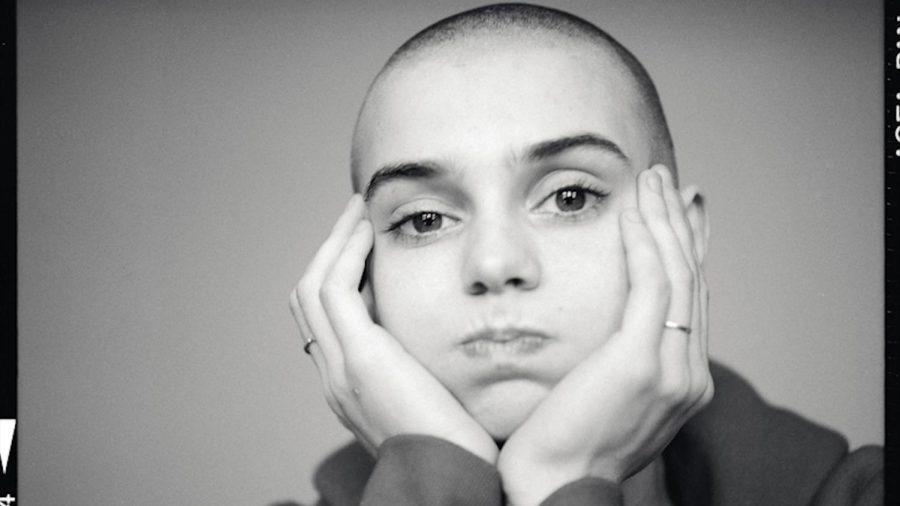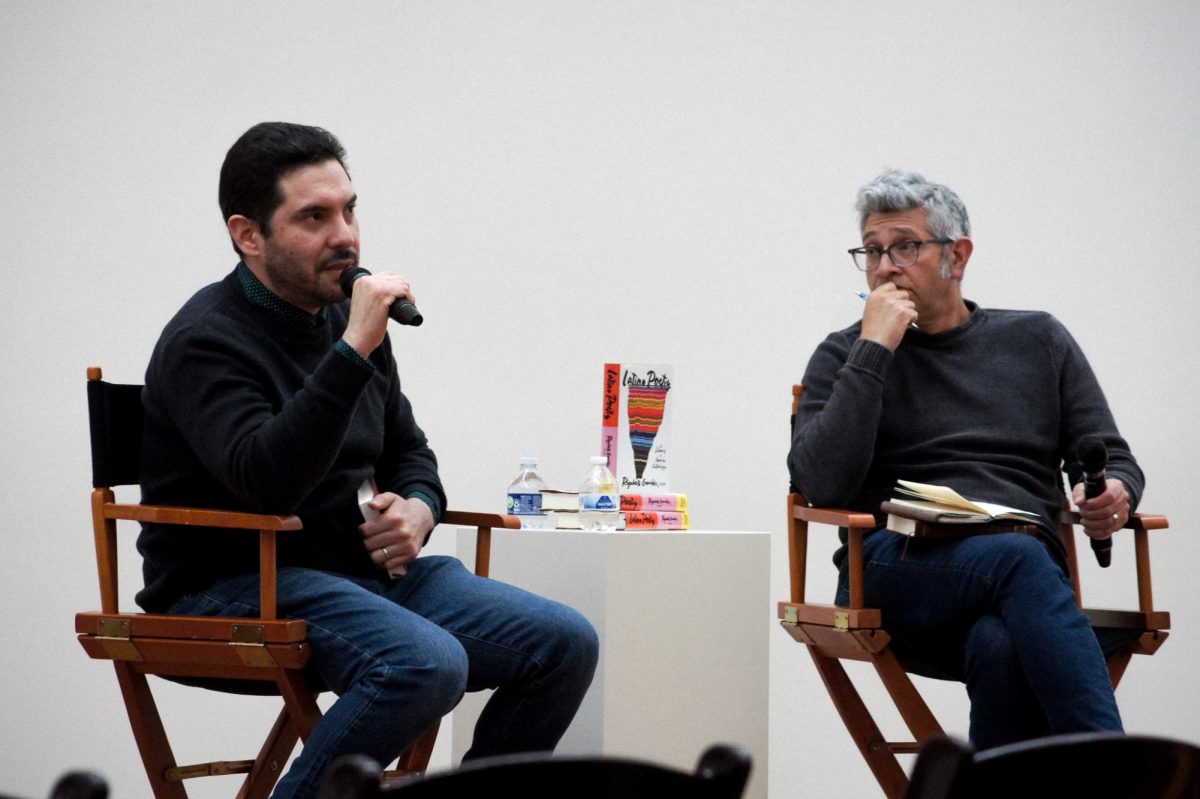Sundance: ‘Nothing Compares’ Misses the Mark
January 27, 2022
Director Kathryn Ferguson’s debut Sundance feature documentary “Nothing Compares” is a vulnerable and intimate picture of pop star Sinead O’Connor’s rise to fame and the controversial political actions that cost her a fall from grace.
With archival footage, excerpts from news media outlets and interviews with people who knew O’Connor — in addition to interviews with the artist herself — “Nothing Compares” tells O’Connor’s side of the story.
The Rise and Fall
Sinead O’Connor’s struggles didn’t begin when she ripped up a picture of Pope John Paul II on “Saturday Night Live” (“SNL”) in 1992. Her early life was marred by abuse and religious trauma. In the wake of her mother’s departure from the family, O’Connor’s father sent her to the Sisters of Our Lady of Charity Laundry in Dublin when she was just 14 years old. “I was too much trouble at home,” O’Connor said. “So they didn’t want me around.”
The cruel treatment of the women and youth, who were often victims of sexual abuse by Catholic leaders or were wards of the state, at the Catholic Church’s Magdalene Laundries only exacerbated the problems faced by these individuals, including O’Connor. Music was her ticket out.
Her guitar teacher at the time saw great potential in O’Connor and encouraged her to develop her musical talents. She even asked O’Connor to sing a solo at her wedding, which resulted in the young artist joining her first band. Things took off for O’Connor after this and she set off to make a life for herself outside of the Laundry in Dublin. Her rise to fame was rapid, with her debut album “The Lion and the Cobra” charting internationally.
She was rebellious and outspoken — her shaved head and non-conformist attitude made her a target for ridicule and criticism in the public sphere. This was compounded by her allegiance with marginalized groups and participation in social justice movements.
Though she still produces music and performs live on tour, her career was ultimately tanked by the infamous, defiant act of singing “War” on “SNL” then tearing up a picture of Pope John Paul II in front of the camera, yelling, “Fight the real enemy!”
Missing Pieces
The documentary is successful in providing a new lens for audiences to understand O’Connor’s story, but it paints an incomplete picture. The film is brutally honest about the abuses and conflict in O’Connor’s personal life up until her career takes off and her first son is born. Past that, there is no mention of anything outside her career like her marriages, the three additional children she would give birth to, her struggles with mental health or her conversion to Islam.
The documentary also feels strangely dated in discussions of social justice activism and implemented only by the use of clichéd documentary tactics like news montages and dramatized slow-motion reenactments. The film suggests that it was O’Connor alone who ushered in an age of musicians taking sides on political and human rights issues and portrays her as a martyr. Some argued she toed the line between allyship and appropriation a little too closely in singing “War” which earned backlash from the Rastafarian community that she closely aligns herself with, saying in the film that “Irish people and Rastafarians were the same.”
In the end, though, it’s easy to forget how difficult it is to portray people, especially celebrities, in a way that is honest and reflects the complexities of the human experience. While the documentary is compassionate in its depiction of O’Connor, it misses the nuance necessary in telling her story.
More information about “Nothing Compares” can be found on the Sundance Film Festival’s official website.












